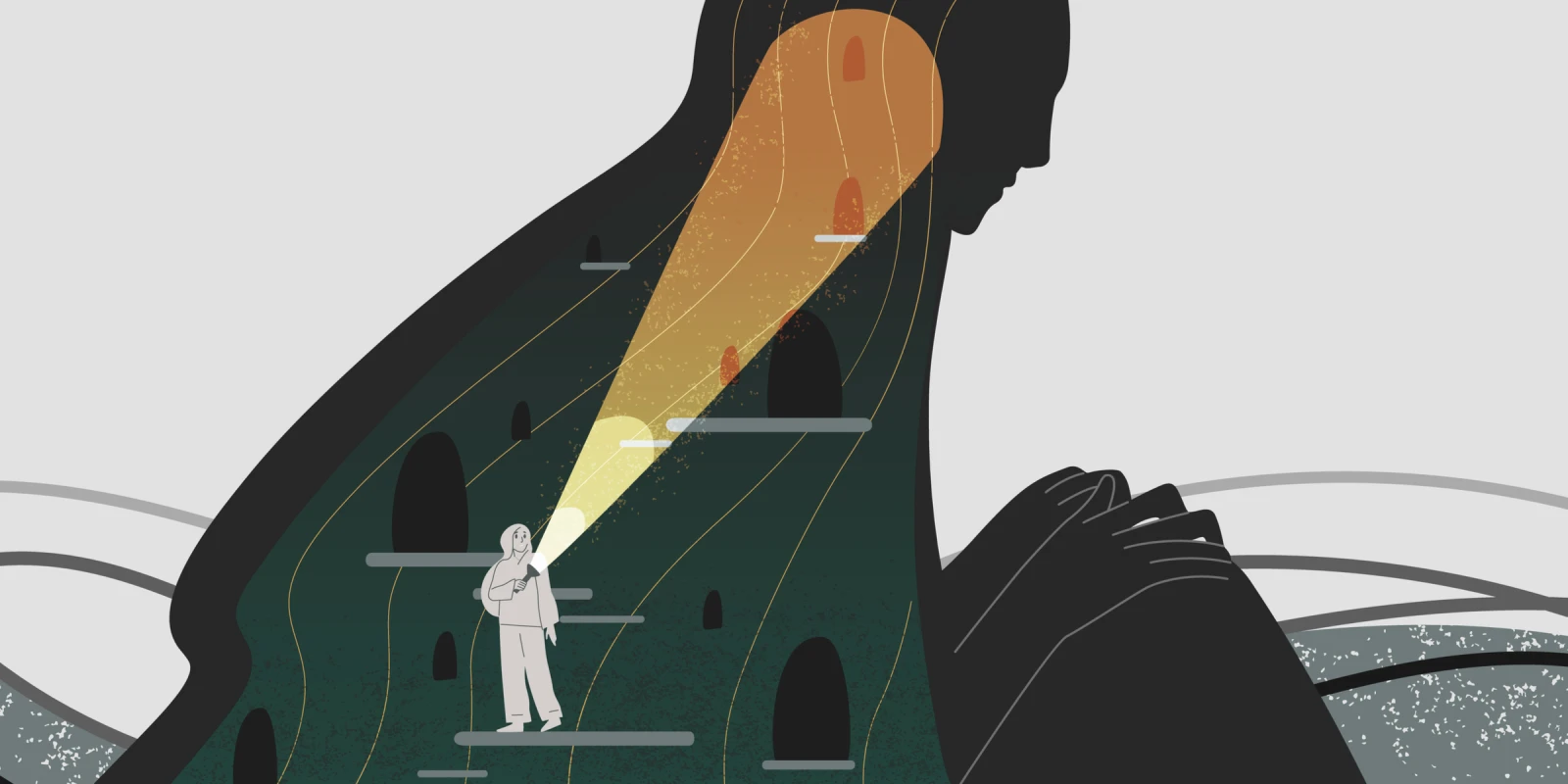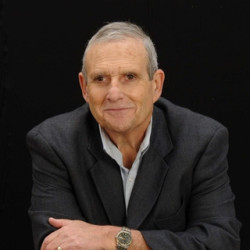My interest in PTSD led me to seek out lectures and research about life's traumas and the development of both civilian and military PTSD. My feeling was that the type of research I did as a civilian psychiatric consultant to both the Department of Defense and the Pentagon had meaningful results that have not been adequately described in meetings such as the APA annual meeting.
I was the psychiatrist for the Defense Veterans Brain Injury program. It was a national program set in the Laurel Highlands of Pennsylvania. Combat soldiers with traumatic brain injuries and severe comorbid PTSD were referred to this program if they had not improved after one year of treatment at a military hospital. My experiences were very powerful, and I have given national webinars discussing new treatment approaches for these most severely affected post-traumatic and brain-injured patients post-combat.
In addition, I had the privilege of working with Donald Meichenbaum and my cousin, Brigadier General Randall Falk, on seminal research on preventive approaches to decrease the rate of PTSD in combat situations.
Our work developed a pre-deployment program for those who were sent to combat in both the Iraq and Afghanistan wars. Dr. Meichenbaum and his fame and clout allowed the development of exact replicas of an Iraqi or Afghan village in desert locations. Hollywood became involved, and real-time pre-deployment training showed soldiers' amputated extremities with blood streaming from their severed limbs through the magic of Hollywood.
Soldiers would be on patrol in close engagement with the enemy, and they would enter village homes through the back door, make a threat evaluation, and respond appropriately by shooting those deemed at high risk of causing harm.
One should watch Dr. Meichenbaum’s video on stress inoculation therapy, where he discusses the essentials of the treatment with videos of the life-like battles that were being enacted. Research on the decreased prevalence of post-traumatic stress for soldiers given this pre-deployment experience is ongoing. The initial research is proving a clear decrease in the development of PTSD from the extreme trauma of combat. Next year, I hope Dr. Meichenbaum can discuss this research at the 2024 APA National Meeting.
Dr. Singerman has no conflicts of interest to report.
Are you interested in writing about your experience attending a medical conference this year? Respond here.
Image by GoodStudio / Shutterstock






